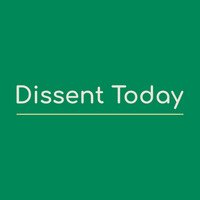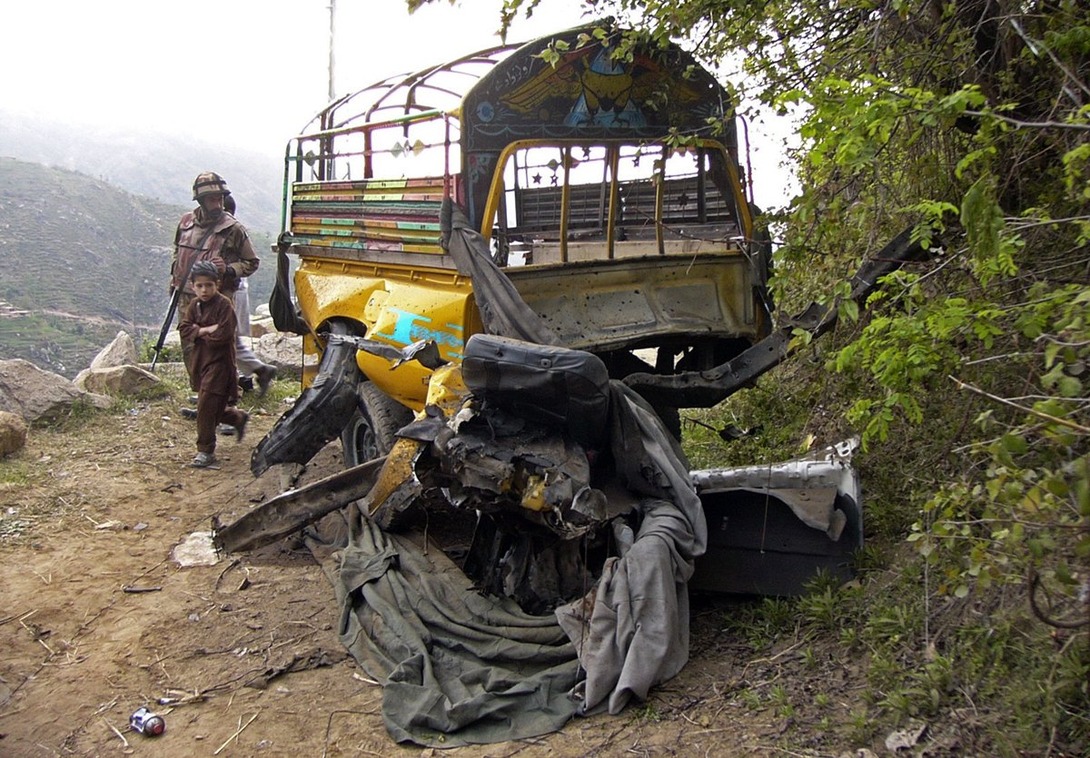While the government’s stance on elections wherein it cites terrorism threat as a hindrance is being seen by some as an excuse to delay the election, elections in the past have been marred by terror attacks, with the 2013 general election being termed “bloodiest” in the country’s history.
In the run-up to the 2013 general elections, the Tehreek-e-Taliban Pakistan (TTP) had warned people to stay away from the rallies organised by three political parties in particular–the Pakistan Peoples Party (PPP), Muttahida Quami Movement (MQM), and Awami National Party (ANP)– which they considered enemies.
During the month leading to the polls, almost daily attacks were reported on election rallies and candidates with more than 240 fatalities reported in election-related events.
On April 14, 2013, TTP had attacked two leaders of ANP in separate incidents, killing one and wounding the other during their campaigns for the parliamentary election
In the first incident, Mukarram Shah was killed in an explosion as he entered his car in the village of Banjot, north-west Pakistan. In the second attack, a blast struck the convoy of Masoom Shah, the provincial assembly candidate, as he was returning from a campaign meeting.
The ANP was also heading the government of Khyber Pakhtunkhwa, a stronghold of the Taliban, and had an anti-Taliban stance.
On April 16, 2013, at least 17 people were killed when a Taliban suicide bomber targeted an ANP rally in Peshawar. The same day the Baloch Liberation Army accepted responsibility for a bomb attack on a Pakistan Muslim League-Nawaz candidate in Khuzdar, Balochistan that claimed four lives, including the candidate’s son, brother and nephew.
Before these attacks, two ANP candidates had survived bomb attacks, and a Taliban gunman had killed an MQM candidate in Hyderabad.
On April 23, 2013, bombings targeted an office of the MQM in Karachi and a leader of the Hazara Democratic Party in Quetta.
On April 24, 2013, a Pakistan People’s Party candidate in Peshawar and an independent candidate in Dera Ismail Khan, Khyber Pakhtunkhwa, were targeted.
On April 24, 2013, international human rights watchdog Amnesty International had issued a statement, urging the authorities to investigate the wave of attacks and threats on political candidates and election workers.
It had said at least 37 people have been killed and 183 injured in attacks on election officials and political party representatives and supporters countrywide.
In the end, more than 240 fatalities were reported in election-related events, resulting in the 2013 election being called the “bloodiest” in Pakistan’s history.


